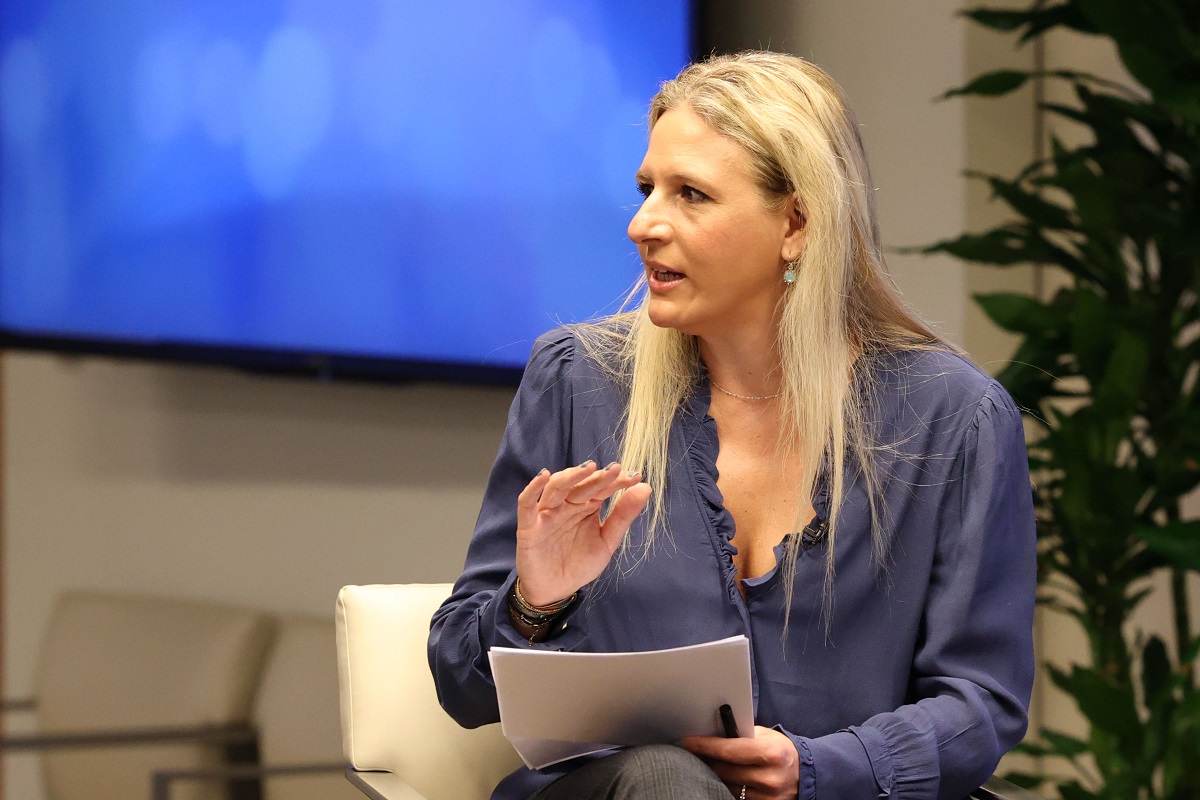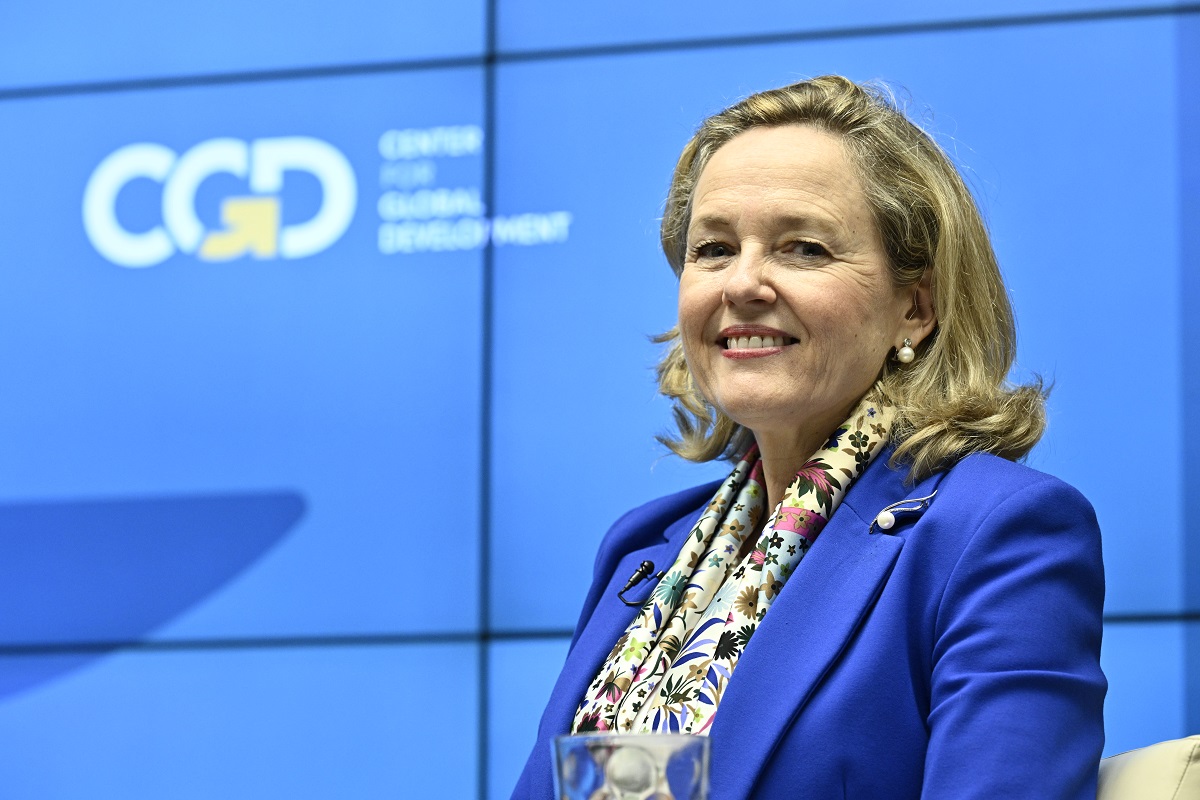This piece was first published by Friends of Europe, please see the original article here.
China’s growing and deepening engagement in Africa has been widely reported. Between 2000 and 2017, China extended €130bn in loans to African governments and their state-owned enterprises, predominantly on commercial terms. According to the China-Africa Research Initiative (CARI), it is now the largest bilateral creditor in the region, accounting for 20% of Africa’s external public debt. And while China’s foreign direct investment (FDI) stock in Africa remains low compared to that of European countries–accounting for just 5% of the total–it is beginning to catch up. Between 2016 and 2018, its total FDI outflows to African countries were 12% greater than the combined figure for the European Union (EU).
Chinese investment will remain a significant feature of Africa’s financing landscape for the foreseeable future. At the 2018 Forum on Africa-China Cooperation (FOCAC), Chinese President Xi Jinping pledged €55bn in new commitments over three years, of which €9 bn will come from Chinese companies. This poses a singular question for the EU and its member states: if Europe cannot match China in terms of investment quantity, then what can it offer to Africa?
A recent Center for Global Development (CGD) report outlines Europe’s possible added value in Africa. And the answer to this quandary matters as Europe has a political and commercial interest in the future of its continental neighbour. That future looks increasingly uncertain.
Africa’s strong economic growth since 2000–fuelled mainly by high commodity prices and rising investment–has failed to translate into quality jobs, reduced inequality and improved living standards in most countries. Projections based on current trends suggest that by 2030, 376 million Africans–almost a quarter of the continent’s population–will remain in poverty. Looming threats, most notably democratic reversal, climate change and debt distress, will further intensify the challenge of securing peace and prosperity in the region.
Africa’s development challenges have repercussions that transcend borders and cross oceans. They have contributed to the surge in migration to Europe, which has exposed the limits of EU collective action and emboldened nationalist forces. They have also sowed instability in the Neighbourhood region and beyond. And they come at a high opportunity cost for European investors, consumers and firms. A prosperous Africa would provide new opportunities for capital, cheaper and more varied imports, and a ready supply of skilled, new workers at a time when Europe’s working-age population is declining.
Since the end of the Cold War, Europe has sought to promote liberal, democratic reforms in Africa, albeit haphazardly and with exceptions. Much of its influence has stemmed from African economies’ historical reliance on European aid, trade and finance. The recent flood of Chinese investment in the continent offers Africa’s leaders some much-needed choice when making financing decisions. However, it also undermines the effectiveness of Europe’s traditional tools for policy leverage. For example, why would African governments accept conditionality–the practice of providing resources to countries only if they meet certain criteria–when Chinese finance comes with few strings attached?
Therefore, to retain influence and champion inclusive development in Africa, Europe must do three things.
First, it must develop new modes of engagement that better reflect the continent’s changing reality. Some work to make European funding more flexible and attractive is underway. In 2017, the European Commission launched an ambitious, Africa-focused investment vehicle, the External Investment Plan (EIP). By offering investors various risk-sharing products, including subsidies and guarantees, the EIP aims to mobilise €44bn in additional project finance by 2020, a slightly smaller volume than that promised by China.
The capital is complemented by technical assistance and policy dialogue aimed at improving African countries’ business environment, but–importantly–few conditions are attached. In fact, the EIP is designed to be maximally flexible and demand-driven to ensure competitiveness in Africa’s buyers’ market. While there are various design details and operational challenges that are yet to be ironed out, the EIP’s holistic and locally-led approach is surely a step in the right direction for European development cooperation.
Second, while Europe may never match China in terms of investment quantity, it can lead the way on investment quality. Chinese finance in Africa has been criticised for saddling governments with unsustainable debt and for focussing on the extractives and infrastructure sectors at the expense of job-creating manufacturing. Moreover, since the terms of China’s sovereign loans are usually secret, they create opportunities for corruption and unscrupulous borrowing.
Europe should position itself as an antidote to dodgy deals by committing to development finance which is (a) open, contestable and untied; (b) transparent; and (c) maximally focussed on development outcomes. In particular, European investors could play a leading role in raising labour and environmental standards throughout supply chains and promoting healthy markets, not merely healthy firms.
Finally, Europe should offer Africa a development partnership that goes beyond a simple financier-borrower relationship. It should retain its value-based agenda of democracy, social security and human rights, which sets it apart from other actors engaging with the region and helps forge a vital middle-ground between purely market- and state-orientated approaches. And it should capitalise on its diverse instruments and levers, including migration, trade, research and development, as well as finance and aid policies, to offer Africa a holistic development partnership that balances values and interests.
Disclaimer
CGD blog posts reflect the views of the authors, drawing on prior research and experience in their areas of expertise. CGD is a nonpartisan, independent organization and does not take institutional positions.





